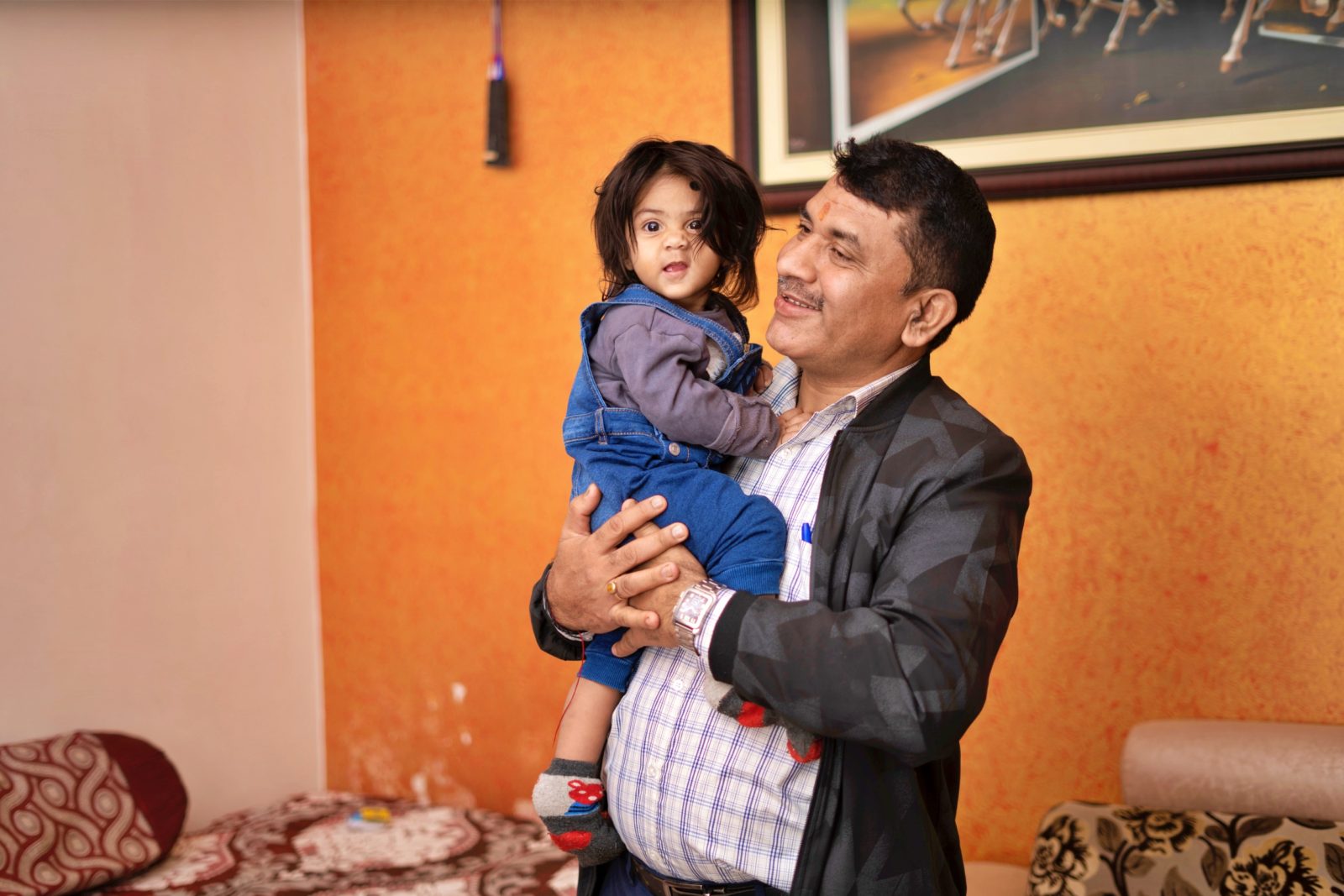DCF Knows, But Do YOU Know the Effects of Physical Domestic Violence?
The Massachusetts Department of Children and Families (MA DCF) will probably get involved when there is physical domestic violence between parents. DCF takes physical domestic violence more seriously than any other kinds of domestic violence. That is understandable because domestic violence is a serious issue. It can leave physical as well as emotional scars on the victims.
In Massachusetts, physical domestic violence can sometimes lead to serious criminal charges. This type of violence can even escalate to life-threatening situations. It can also contribute to cycles of generational violence. In situations where domestic violence intersects with family law, understanding your rights and the DCF investigation process is crucial. It is a common fact that children who grow up in abusive households are more likely to be in abusive relationships as adults. Then, they will become domestic violence abusers in the future.
How Does This Kind of Domestic Violence Contribute to Generational Violence?
Even if a child is not directly abused, they can start living in constant fear and anxiety when growing up in an abusive environment. Holding this in can spark a violent episode in the future. Also, they are more likely to grow up thinking this type of behavior is normal or necessary. Then, when they are teenagers and adults, they may try to replicate that behavior.
Children who see domestic violence between their parents can deeply impact their development. They will have to grow up too fast. They can develop a constant need to protect themselves and their loved ones from the abuser. A child growing up in an abusive environment may struggle to visualize or prepare for the future, leading to challenges in school and problematic behaviors.
What Does Physical Domestic Violence Look Like?
According to the AMEND Workbook for Ending Violent Behavior, physical domestic violence includes many different behaviors. It includes aggressive behaviors such as:
- Hitting (with bare hands or an object)
- Kicking
- Biting
- Slapping
- Shaking
- Pushing
- Pulling
- Punching
- Choking
- Beating
- Scratching
- Pinching
- Hair pulling
- Stabbing
- Shooting
- Drowning
- Burning,
What Are Other Types of Physical Domestic Violence?
Physical domestic violence does not mean only aggressive behaviors. It also includes withholding of physical needs, and threat of physical abuse. AMEND Workbook for Ending Violent Behavior lists the following as physical domestic violence too:
- Threatening with a weapon
- Threatening to physically assault.
- Withholding of physical needs
- Interrupting sleep or meals
- Denying money, food, or transportation
- Refusing to help when the victim is sick or hurt
- Locking the victim in or out of the house, refusing to give or rationing necessities
- Abusing or threatening to injure the victim’s children, pets, or personal belongings
- Restraining the victim against their will
- Trapping the victim in a room
- Blocking the exits
- Holding the victim down
- Hitting or kicking walls, doors to intimidate the victim
- Throwing objects during an argument because of anger
- Destroying of property.
- Holding the victim hostage.
How Does This Type of Domestic Violence Affect Children?
The abusive actions between adults affect children in many ways. An abusive parent can try to manipulate a child into turning against the non-abusive parent. They can force the child to act as a “spy” to monitor another family member’s behavior.
The child can later end up feeling like the abuse is their own fault. A child may be spared from direct abuse at a young age but be targeted during adolescence, especially when they try to stand up for loved ones who are already receiving abuse.
Any child who experiences domestic violence will benefit from counseling and support to recover from the trauma of seeing or experiencing the domestic violence. Some children who are experiencing domestic violence may try to hide it, while others may be unable to do so.
When you or someone you love is experiencing physical domestic violence, finding help is key to a long-term recovery, whether through legal action, a domestic violence hotline, psychological counseling, or some combination of the three.
![]() Kevin Seaver is a trusted Massachusetts DCF lawyer specialized in DCF law since 1991.
Kevin Seaver is a trusted Massachusetts DCF lawyer specialized in DCF law since 1991. ![]()
DISCLAIMER
You find yourself in this situation, it’s advisable to seek legal representation from a qualified attorney, like those at the Law Office of Kevin Seaver, who can advocate for your rights and guide you through the complex process of a DCF investigation.
Remember that the ultimate goal of DCF is to ensure the safety and well-being of children while supporting families in crisis.
Please note that this article does not create an Attorney-Client relationship between our law firm and the reader and is provided for informational purposes only. Information in this article does not apply to all readers.
Readers should not rely on this information as legal advice and should seek specific counsel from the attorney based on personal circumstances. Thank you.
Kevin Patrick Seaver is a Massachusetts DCF Defense Lawyer who represents parents against false child abuse allegations.

Massachusetts DCF Defense Lawyer Kevin Seaver has been successfully fighting false child abuse allegations since 1991.


